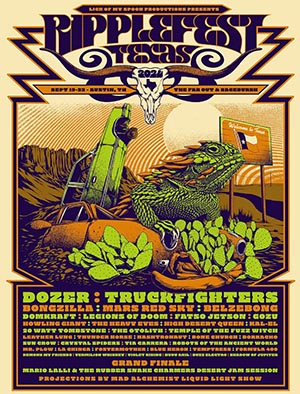Elvis Costello teams up with Beatles engineer Geoff Emerick and triumphs at lush, subtly crafted sophisti-pop in the last of his classic six album run.

After a legendary run of five classic albums, Elvis Costello dropped his first duece with his sixth, Almost Blue (1981). Given that it’s made up of country covers, one could arguably not count it, much like one is inclined to ignore David Bowie’s Pin-Ups (1973). So let’s not call Imperial Bedroom a return to form, but rather his final great album of a six album run. Punch the Clock (1983) was good, but no excuses can be made for Goodbye Cruel World (1984). Like on Trust (1981), Costello composed his songs on piano, in an attempt to be taken seriously as a mainstream songwriter in the classic tradition of Tin Pan Alley and Brill Building. Initial sessions resulted in a sound too much like Trust, too much like the stripped-down rock. In a second attempt, a wide variety of instrumentation was used, including a 40-piece orchestra. The coctail jazz style result, similar in feel to Joe Jackson’s sophisti-pop Night And Day (1982), took some getting used to for those used to his more rocking This Year’s Model (1978) and Armed Forces (1979).
But once you surrender to the songs and sounds for what they are, it’s hard to deny it’s greatness. It covers more ground than just jazz pop, with remnants of new wave, which was still going strong for many that year, to Beatles-inspired baroque and psych pop, as hinted at in the psychedelic Picasso-like album cover, “Snakecharmer & Reclining Octopus,” originally credited to Sal Forlenza, who was later to be revealed as Barney Bubbles. Costello switched on this album from longtime producer Nick Lowe to Geoff Emerick, who famously engineered most of The Beatles’ albums from Revolver on. Those who watched the 6+ hour Get Back documentary saw him in action and know he played a significant role. At the same time he was producing this, he was engineering Paul McCartney’s Tug Of War album. The Beatles were definitely on Costello’s mind, considering early working titles for the album included Revolution of the Mind and PS I Love You.
Costello also changed up his vocal delivery, abandoning the sneers in favor of croons. That too took some getting used to. And despite the diversity of the sounds employed, it all ebbs and flows as a singular piece more so than any previous album, which is why no particular songs jump out, aside from perhaps his tribute to Chet Baker’s torch singing on “Almost Blue.” “You Little Fool” and “Man Out of Time” were releases as singles but didn’t chart. Fans have different favorites, like “Shabby Doll” and “Town Cryer,” but any given song, like “Beyond Belief” and “…And In Every Home” holds up just as well under close scrutiny, as the consistency of his songwriting was on point.
One could argue that this was where Costello tipped the scales toward technique over passion, but that was a cyclical process throughout his career. On the other hand, he backed off the puns and wordplay after this, with the excuse that he no longer wanted to be “rock and roll’s Scrabble champion.” It sounds like an excuse for not being able to maintain his almost mystical creative inspiration, just as Dylan later admitted he had no idea how to recreate the spark that fueled his mid-60s peak. But there’s no shame in not being able to do what only a few songwriters have been able to do for more than 7 years. Which is all the more reason to revisit this odd, beguiling work of art.
#23 Slicing Up Eyeballs
#12 #5albums82
#4 Acclaimed Music

March 29, 2024
Fester’s Lucky 13: 1994
January 4, 2024
Fester’s Lucky 13: 1989
December 1, 2023
Fester’s Lucky 13: 2023 Year-End Summary



